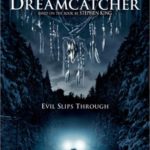Horror has always been reflective of the opinions and feelings of society as a whole. We’ve seen this from the atomic era films of the 1950’s, to the ultra-violent Iraqi era films of the 2000’s. And while representing an amalgamation of society’s fears and anxieties, horror films also represented the darker side of humanity as well. Unfortunately this included a long history of xenophobia and outright racism. As Horror Noire takes a look back at how African Americans were often portrayed in the genre, it challenges us to confront an uncomfortable truth, while at the same time highlighting just how far we’ve come as a society.
Delving into the Audience
Most documentaries have their interviewees in some sort of generic green screen backdrop, or in their home/office, because that was most convenient for shooting. Horror Noire takes a unique and fun approach by conducting their interviews in a movie theater, as the actors/writers/directors being interviewed sit back as audience members and react to what they see on the big screen. It’s an incredibly effective way to put them on the other end of the medium, as well as create a fascinating cinematic feel for the film itself.
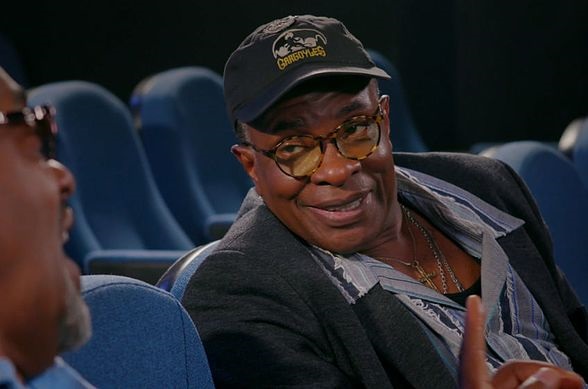
An Unsettling History
This history of how African Americans were treated for centuries is nothing less than a tragedy. The film takes us back nearly to the very beginning of popular cinema and presents the infamous 1915 film Birth of a Nation as the first true “horror” film for African Americans. Not only does it portray them as subhuman, but showcases the KKK as heroes and the lynching at the end as its idea of a happy ending. From there, the interviewees discuss a history of their race being portrayed by whites in blackface. And while this stopped in time, the stereotypes certainly didn’t. Even as progressive ideologies took hold, they were still often portrayed as the “sacrificial negro” (the African American character who had to die in order for the white protagonists to survive), or the “mystical negro” (the wise African American character who dispels advice to the main character to help them on their journey).
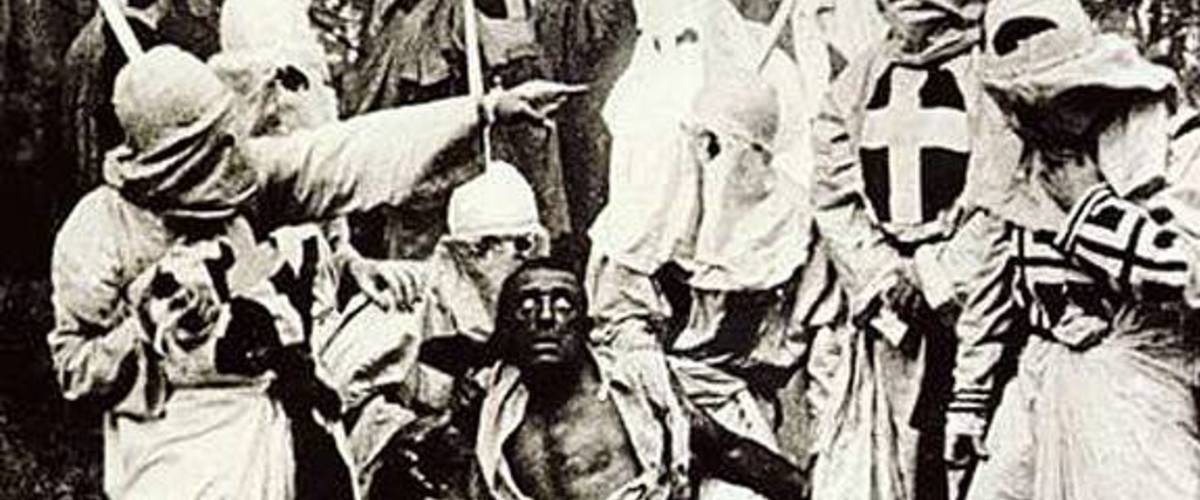
Challenging Preconceived Notions
However, the film doesn’t spend its entire runtime trying to place guilt or even drive an agenda. Rather it presents this history of the genre from a wide variety of familiar faces (to those who have seen a lot of horror), and with this many people comes a wide variety of opinions as well. For example, some saw Candyman as a progressive and sympathetic story about a slave who was unjustly murdered and is now exacting vengeance upon the descendants of those who wronged him.
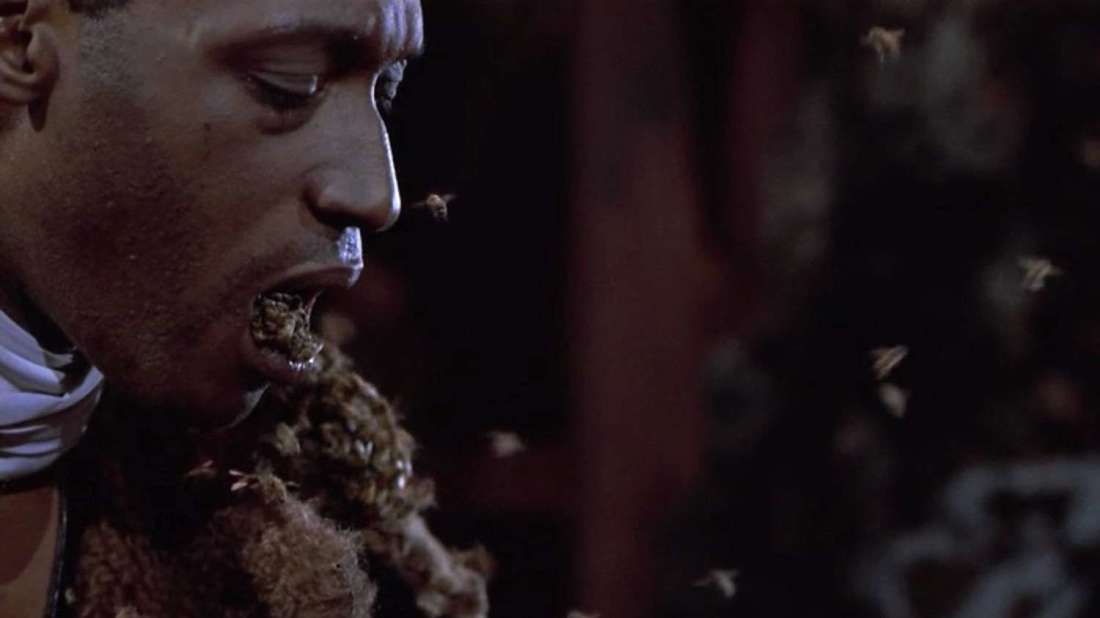
Others however, saw it as purporting a harmful stereotype about African American men lusting for white women, an idea that racists used to justify the tragic lynching of Emmett Till. This is just one of many of the interesting points the film raises that not everyone necessarily agrees upon. It’s so easy to want to think that an entire group or race of people think and believe one anthropomorphized idea, but in reality we all see the world differently. It’s the very reason why issues of race and class are so complicated. And Horror Noire does a great job of demonstrating this complexity, while using horror films as the subject.
Hope for the Future
While the film does deal with very serious issues of the past, it also recognizes the improvements and milestones that certain films in the genre made. Rachel True of The Craft elaborates on how many young African American woman have told her how inspiring she was to them, because she gave them representation on screen, and her character dealt with many things they deal with on a regular basis. Most notably in recent history, we saw Get Out nominated for Best Picture and even win Jordan Peele an Oscar for Best Original Screenplay!
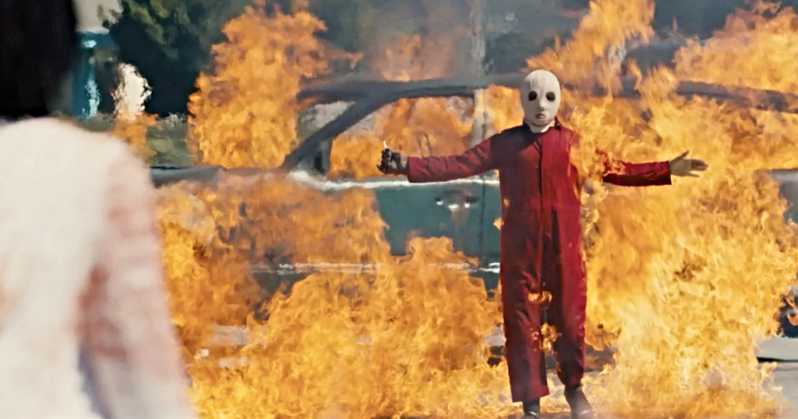
He was the first African American to do so, and in a genre that so rarely gets recognized by the Academy. Peele, during his interview in the film, is quick to point out that many white audience members found themselves rooting and sympathizing for the protagonist Chris (Daniel Kaluuya). He remarked that perhaps we’ve come full circle as white audiences can still enjoy a film where their race is not necessarily represented as the main character.
Overall, Horror Noire presents an interesting take on a genre that many disregard as not being as smart or reflective as it is. Horror fans will certainly be fascinated by learning a bit more about the history. And for many, seeing this film will expose them to titles they might not have heard of before, or will encourage them to revisit old favorites but with a new perspective.
Horror Noire is streaming exclusively on Shudder!



